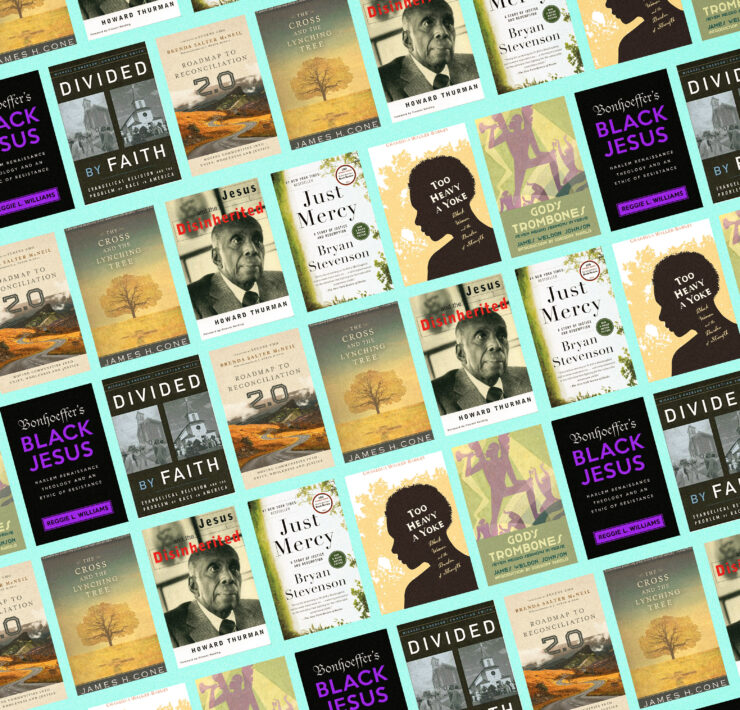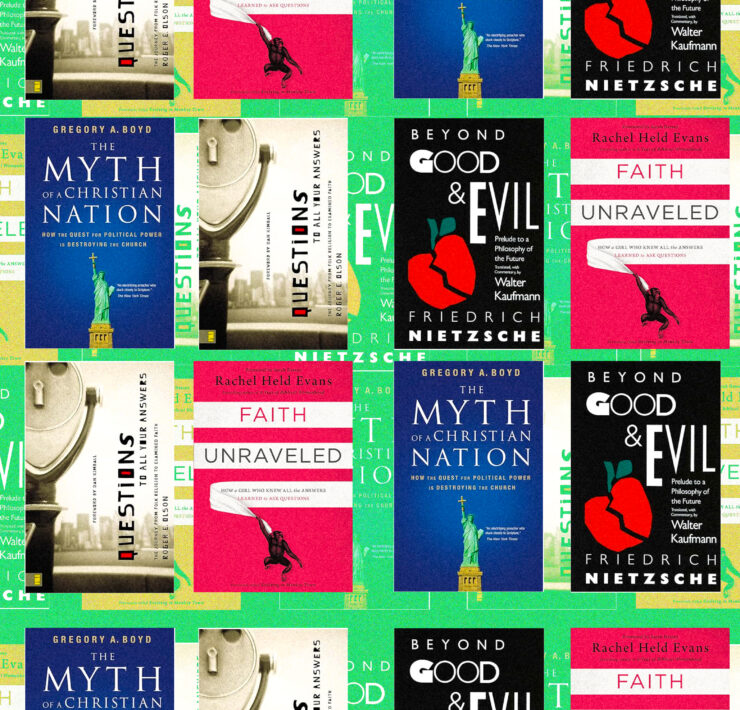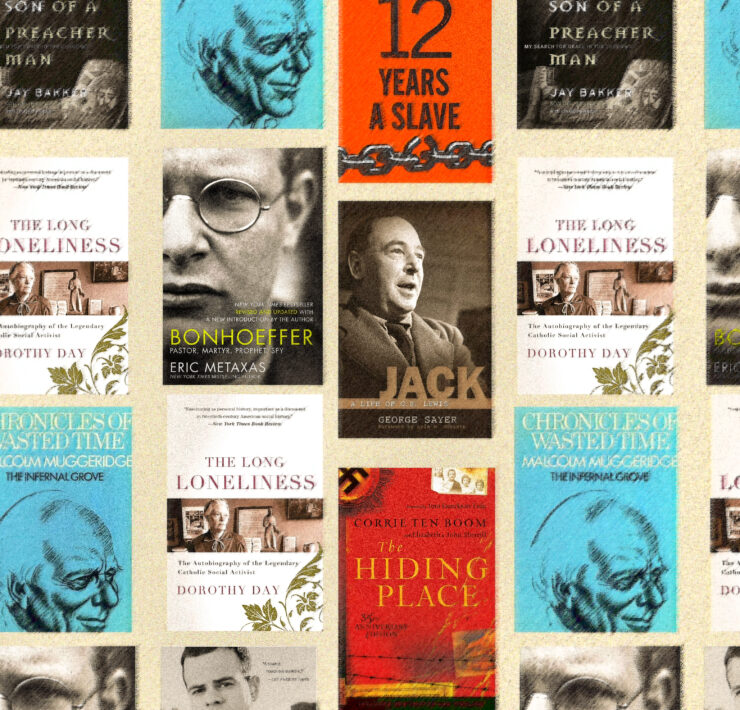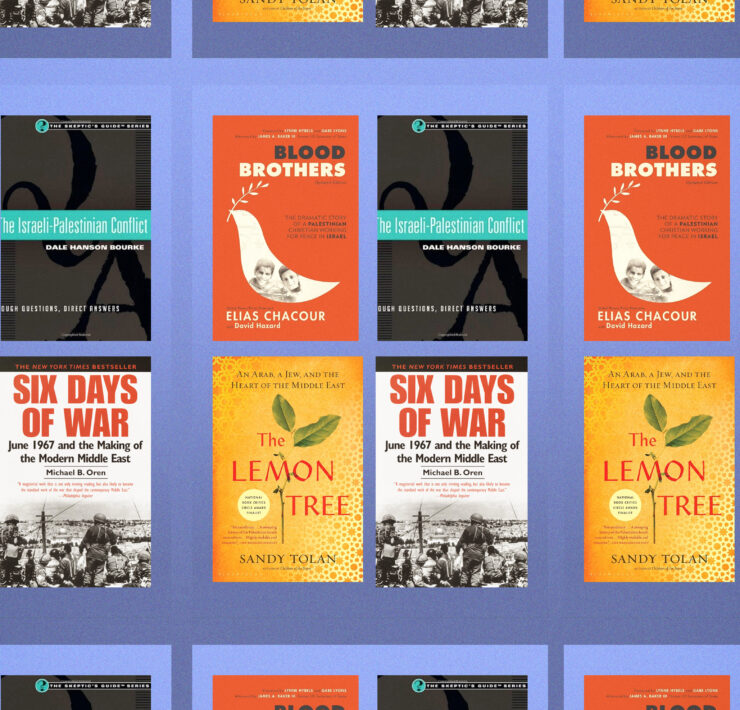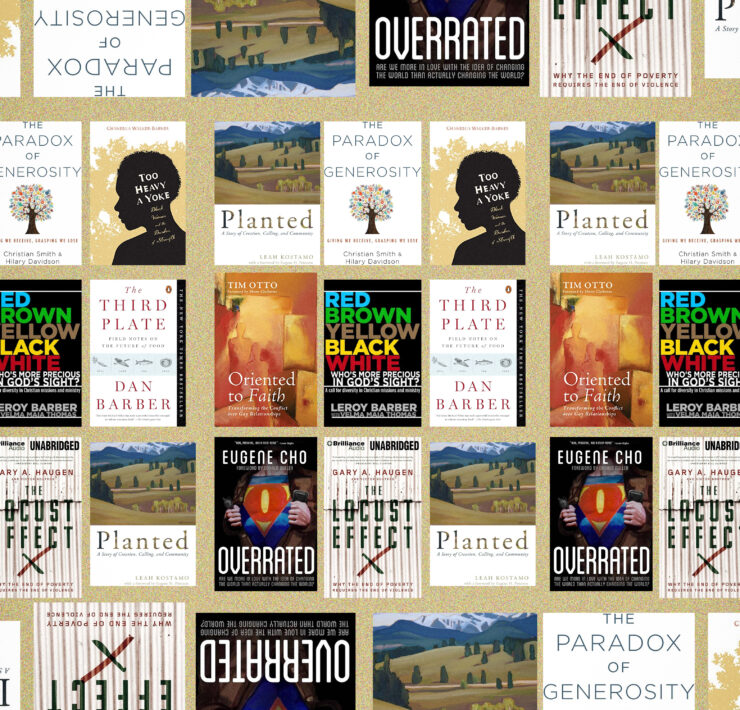
Russell Moore’s official title is president of the Ethics and Religious Liberty Commission of the Southern Baptist Convention, which is the public policy wing of the SBC. That’s quite a mouthful, so let’s put it plainer. Moore, in many ways, feels like the public face of Southern Baptists in the United States. He’s smart and frequently published, and has stood by contentious views even amidst controversy.
But he’s also a husband and a father, and that’s the side of Moore we get in his latest book The Storm-Tossed Family. In it, Moore delves deeper than the politics and culture critiques he’s known for and gets into issues of identity, community and, above all, family. We chatted with him about his new book, the tension about why and how Christian families can be radical in this day and age, and why so many marriages, in his analysis, end up as Baal worship.
Let’s talk about your book, The Storm Tossed Family. Why did you decide to write this?
A lot of it had to do with the fact that I was having multiple conversations everyday with people who felt as though they were living in unusual situations with people who were exhausted with dealing with extended family tensions or some things going on in their marriage or singleness or parenting. I started to see a common theme that was happening there, which was that there is often this idealized view of what family should be. This leads to a sense of shock when the real life thing doesn’t live up to that.
Where do you think that “should be” comes from that picture we have in our minds?
Part of it comes from the fact that we understand that family is important. I think sometimes what we’ve done is, in order to build up the family, we give an ideal of what family ought to look like, in a way that doesn’t deal with the struggle that occurs in even the best families. That’s especially heightened in the church, where sometimes I think people pick up a kind of implicit prosperity gospel. They assume, “if I love Jesus and if I just do the steps that are outlined in the Bible correctly, then I’m going to have this tranquility that takes place in family life.”
I feel like there’s this idea in the church that the Christian concept of family should be different than those outside of the Christian context. How should our family context be different?
Part of that has to do with when Jesus tells us take up the cross and follow me. I think sometimes we have an understanding of what that would look like when it relates to, say following Christ in a difficult cultural context, but don’t think about that in terms of just daily family life—of children relating to their parents, parents relating to their children and husbands and wives relating to one another.
I think we miss that, so we miss the opportunity that family gives to us to show us that we are not self created. We actually need one another. But also, gives us one of those arenas for self sacrifice. I think one of the things we miss is the Scripture speaks repeatedly of the church as family, which we have taken to mean what a politician would mean when he speaks of America as a family. When that’s not at all what Jesus is getting at. This is really a family of brothers and sisters, and we often miss that in church life.
You adapted a post for your blog a while back that is titled, “Is your marriage Baal worship?” Can you give me the bullet points on what’s behind that question?
I think that what Israel is finding in the Old Testament is that Baal worship is so dangerous because Baal’s a fertility god, he’s going to give you what you want and what you need. Baal is also a thunder god, so it’s a sense of power. So often in marriages, you have either of those two impulses at the heart of them. You have people who think, “Well, my spouse ought to be somebody who meets every desire and need that I have in a way that no one can ever measure up to.
As a result, there’s disillusionment and sometimes even resentment. Or there is an on-going power struggle that happens within the marriage, where someone is maintaining power over the other. That’s what I mean by comparing marriage to Baal worship.












